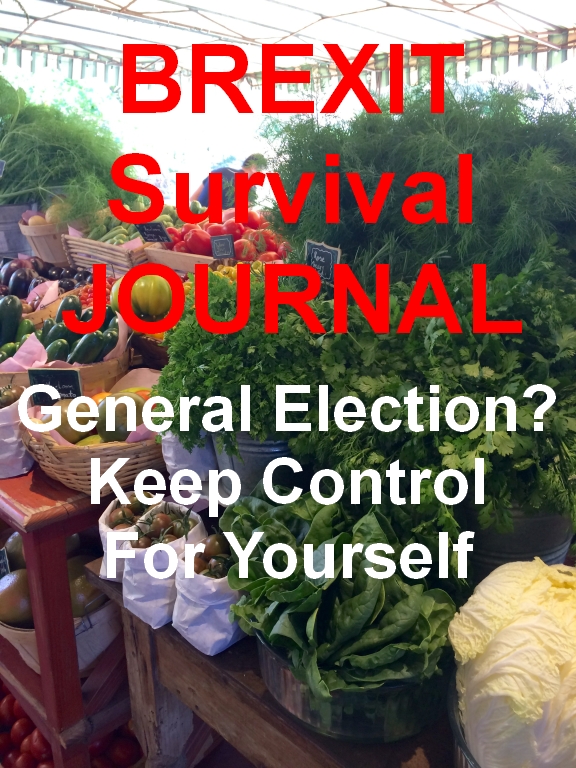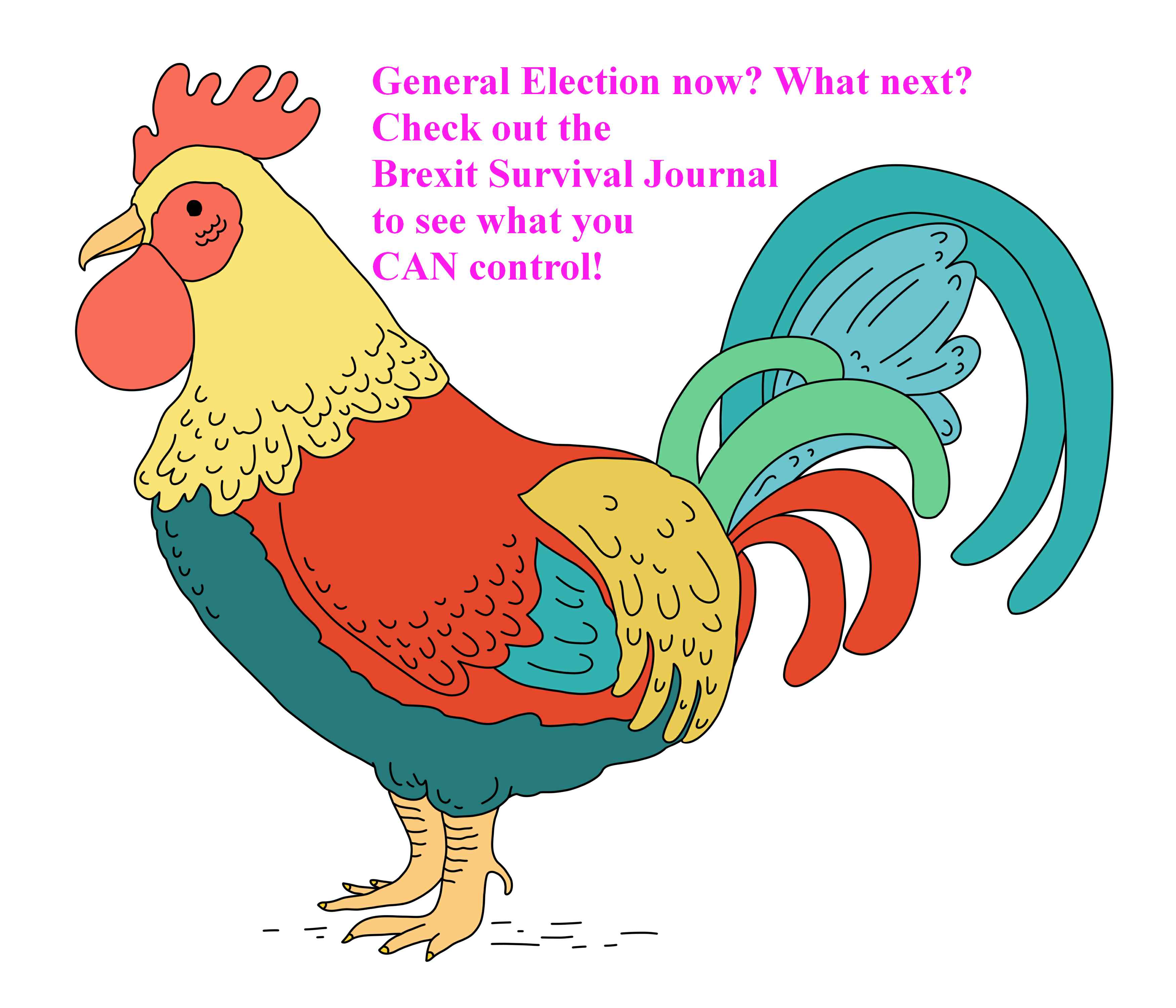 The UK Prime Minister, Boris Johnston, has said that he will call a General Election in the UK, if Parliament does not support him in his attempts to bring about Brexit by 31 October 2019.
The UK Prime Minister, Boris Johnston, has said that he will call a General Election in the UK, if Parliament does not support him in his attempts to bring about Brexit by 31 October 2019.
During a General Election, Parliament is suspended, although the government remains in power.
Calling an election is a calculated risk and the Prime Minister must feel that his government has a good chance of winning the election if one is called.
Points To Consider
An election takes about 6 weeks to prepare and hold and to count votes and bring together a government (if no party wins a majority). This could take place over the 31st October 2019, which would mean the UK leaving the EU by default with no deal, which the House of Commons has repeatedly said they do not want. The Prime Minister has said that he would hold the election early enough that a new government would be in place before 31st October.
 The Prime Minister has said that any members of the ruling party (Tories / Conservatives) voting against him in the House of Commons vote will not be allowed to stand as MPs if an election is called.
The Prime Minister has said that any members of the ruling party (Tories / Conservatives) voting against him in the House of Commons vote will not be allowed to stand as MPs if an election is called.
Some politicians have called for the Brexit question to be completed first BEFORE any General Election is called.
A General Election has to be held every five years in the UK but an early election can be called if two thirds of MPs agree. Normally, the opposition parties would agree to holding an election, as they would want to have the chance of getting into power and by voting against an election, might be considered to be supporting the party in power.
If an election is held before the Brexit question is settled, then the vote is likely to be on Brexit issues, rather than on normal election issues, such as finance, trade, housing and social issues.
The leader of the Brexit Party has said that he will not field candidates in constituencies where Tories have a good chance of winning if the Conservative (Tory) Party has a no-deal Brexit option in their election manifesto.
The House of Commons has a majority against leaving the EU without a deal, however, this is split over a number of parties and the parties cannot agree on a single strategy to combat any no-deal Brexit.